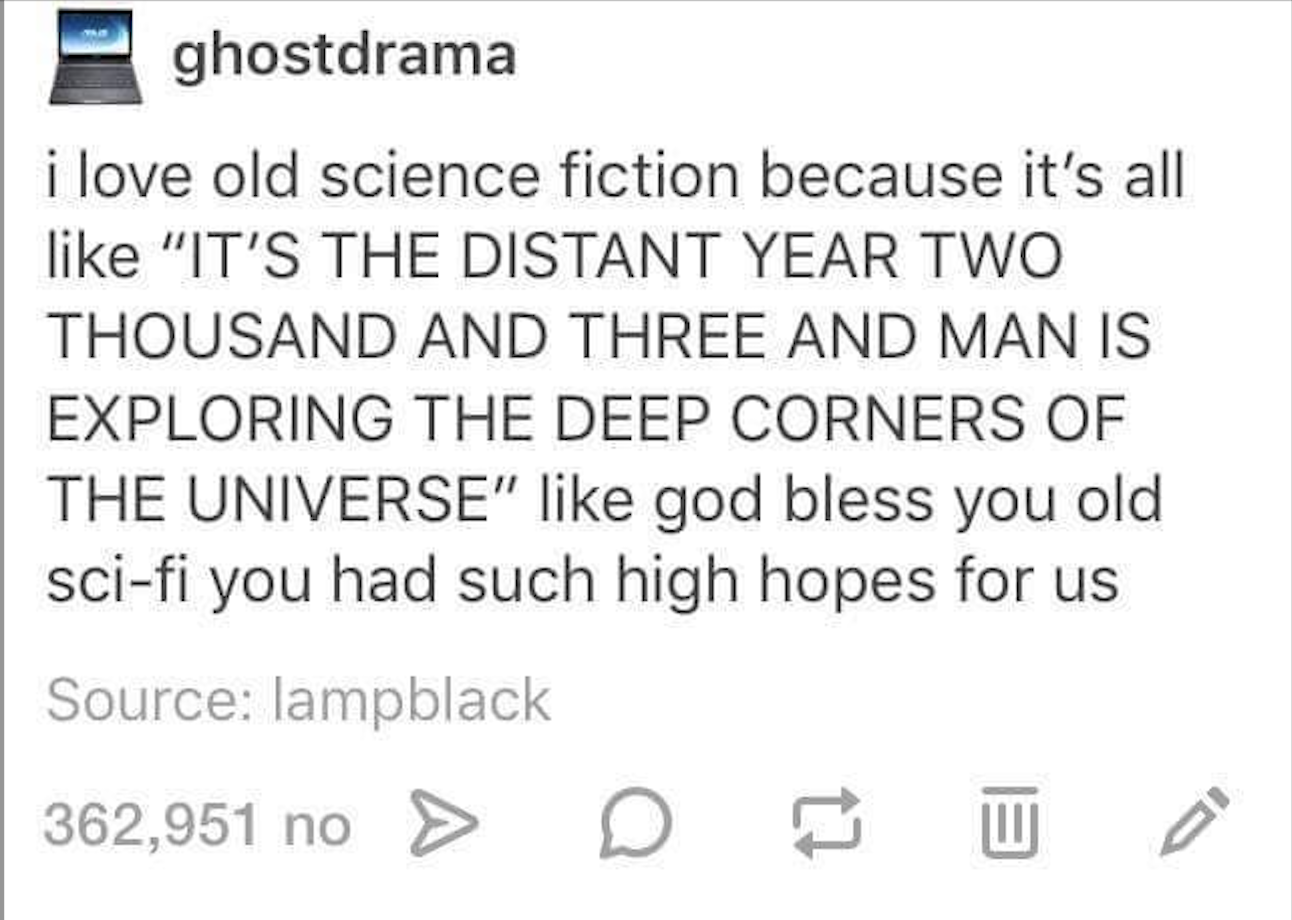Martin L. Shoemaker
This book completely surprised me; as with a great deal of the reading I’ve been doing lately, I went in with absolutely no expectations, no memory of what the book was about or where and when I’d bought it. And so it was a wonderful surprise to be totally enraptured; I read the book in one day. (And overslept the next morning, because I stayed up late to finish reading it, but happily, I’m on vacation as of this writing, so it’s not an issue!)
The book takes place on an Aldrin cycler, a ship taking advantage of orbital mechanics to shuttle between Earth and Mars at a fuel cost of nearly zero. That gives some really interesting context for the plot—“orbital mechanics waits for no man.” So, rather than someone senior handling this big deal investigation, it’s whoever was close enough to catch the ship before the orbit took it back out of reach. And thus, we get an idealistic young investigator wielding the full power of the Inspector General’s office, rather than the admiral at the head of the office. And, courtesy of light-speed delay, said admiral can’t run the show via telepresence, they’re stuck back on Earth, trusting the investigator to do their job. In a way, it reminds me of Ascension, but handled better: you’ve got a ship, cut off from the world by distance. A closed system. And a whole lot of political complexity contained within it, some big inciting incident that happened before we joined the story.
So, with that framework set up, it’s time for the actual story. I found the storytelling absolutely sublime—the protagonist is that idealistic young investigator, trying to see justice done. But, up until the end, we don’t actually get told what happened, it’s just The Incident, and we’re seeing the aftermath. Tempers have cooled somewhat, but everyone is still on edge. The admiralty is one side, with the captain as the other—but the crew is absolutely loyal to the captain. And we’re following the investigator as they’re trying to do their fact-finding, trying to arrive at an unbiased conclusion.
In pursuit of this, we get bits and pieces of their story. And the main thing their story consists of is getting other people’s stories—short interstitial chapters with them, and then longer pieces where some member of the crew tells a story of when the captain earned their trust and loyalty.
It’s a fascinating character study. We barely interact with the captain directly, but the whole thing is about the captain; it’s all about his relationships with the rest of the crew, and the ship, and the admiralty. And, the space industry being the size it is, the relationships of these various characters with each other; there’s no infinite supply of new faces and names, it’s the same characters, seeing one another, and showing us different angles on each of them. With that in mind, I suspect it’d be just as fun to reread, even already knowing what the big mystery is, and the conclusion it’s all leading to.
I absolutely adored this book, and cannot recommend it highly enough. Check it out.
- My understanding is that this is an entirely feasible concept, which genuinely was proposed by Buzz Aldrin. In point of fact, this book seems to fall within the realm of ‘hard science fiction’ — everything is genuinely physically possible. ↩
- This is a Bookshop affiliate link – if you buy it from here, I get a little bit of commission. It won’t hurt my feelings if you buy it elsewhere; honestly, I’d rather you check it out from your local library, or go to a local book store. I use Bookshop affiliate links instead of Amazon because they distribute a significant chunk of their profits to small, local book stores. ↩
